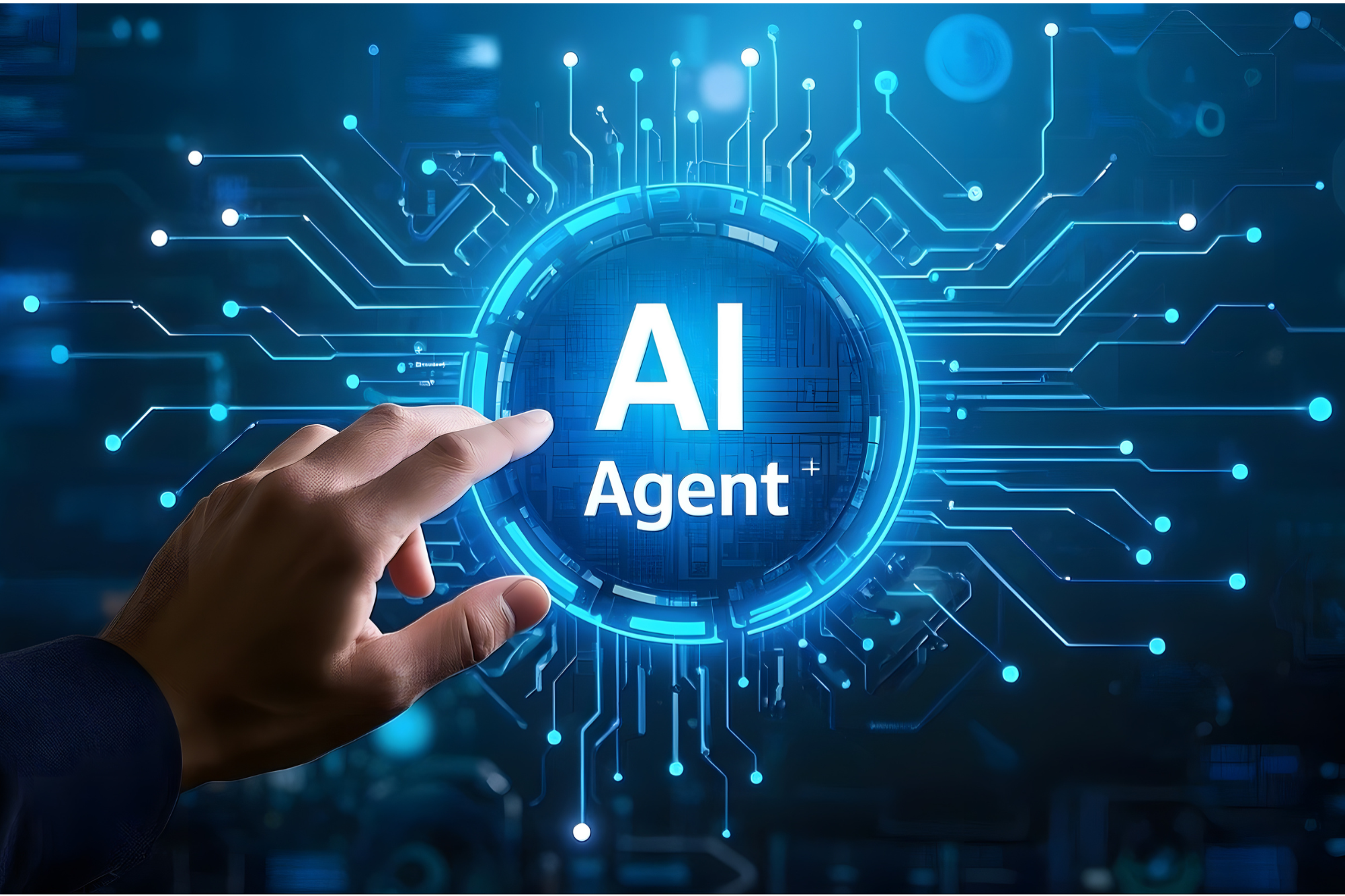Global Venture Capital Flows Into Agentic AI Startups Reach USD 2.8 Bn in Early 2025: Report Customer service and healthcare platforms lead sectoral investments, underscoring demand for 24/7 automation and data-driven care.
You're reading Entrepreneur India, an international franchise of Entrepreneur Media.

Global investment in agentic artificial intelligence startups surged to USD 2.8 billion in the first half of 2025, according to a new report by Prosus in partnership with Dealroom.co.
The study, titled 'The Rise of the Agentic Workforce: How Autonomous AI Agents Will Transform the Workplace', outlines how AI agents will soon work alongside human employees, marking what experts describe as a profound shift in the workplace.
The report positions agentic AI as the third significant wave of artificial intelligence, following predictive and generative models. These AI systems are designed to operate as autonomous digital co-workers, taking on tasks and decision-making processes with minimal human oversight.
"The rise of agentic AI represents a foundational change in how we will work with AI technology in the coming years," said Fabricio Bloisi, Chief Executive Officer of Prosus. "We are past the tipping point of AI agent adoption and it is now firmly rooted in the workplace. Agentic AI companies are attracting billions of dollars of venture capital investment. At Prosus, we plan to hire the largest AI workforce in the industry this year, with AI agents working across our organisation from HR to customer support."
The research maps more than 1,500 agentic AI startups, categorising them by application sectors, platforms for building AI agents, and tools that enhance their operations.
The findings suggest that coding agents have been the first to achieve strong market traction, with companies such as Cursor becoming some of the fastest-growing in the industry.
Venture capital interest in this field is accelerating. The report forecasts that agentic AI will account for 10 percent of all AI funding rounds in 2025, representing approximately USD 6.7 billion in investment. Europe has emerged as a significant contributor to this growth.
Customer service and healthcare platforms have received the highest funding, while robotic process automation and AI agent development tools have outperformed within the category of AI enablers.
The report also foresees a future where workplaces will be restructured to integrate multiple AI agents. In this scenario, human employees will guide teams of digital colleagues, focusing on strategic direction, creative problem-solving, and performance oversight. As AI systems take on more routine responsibilities, workers will be required to adapt their skills to collaborate effectively with these autonomous systems.
Bloisi noted that this transformation is imminent. "Fully AI employees are months, rather than years, away," he said. "The companies that adapt quickly to this change will be the ones that thrive in the new era of work."
The findings underline a broader shift in the technology investment landscape, with agentic AI emerging as a critical area of innovation and competition in the coming years.












